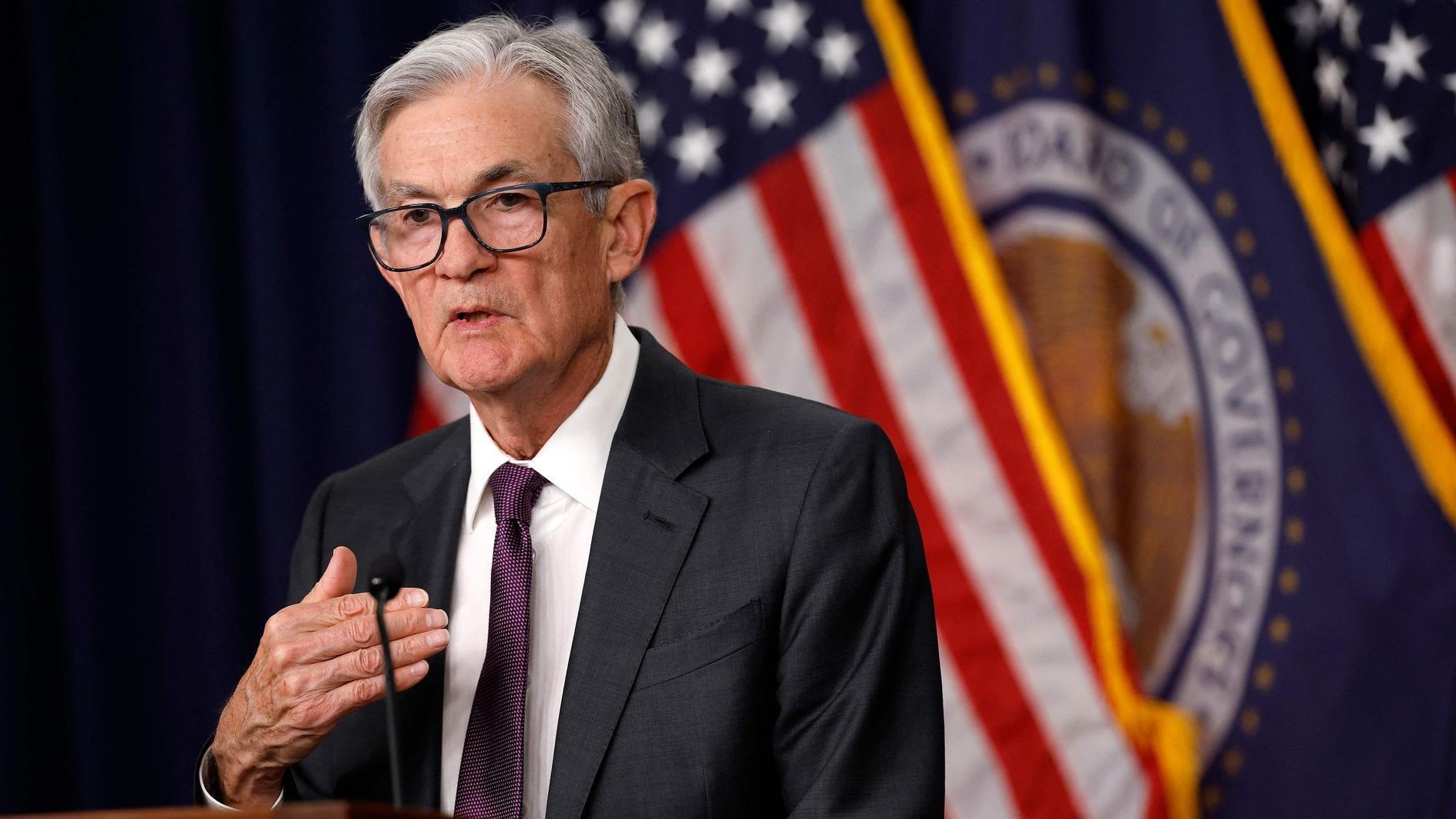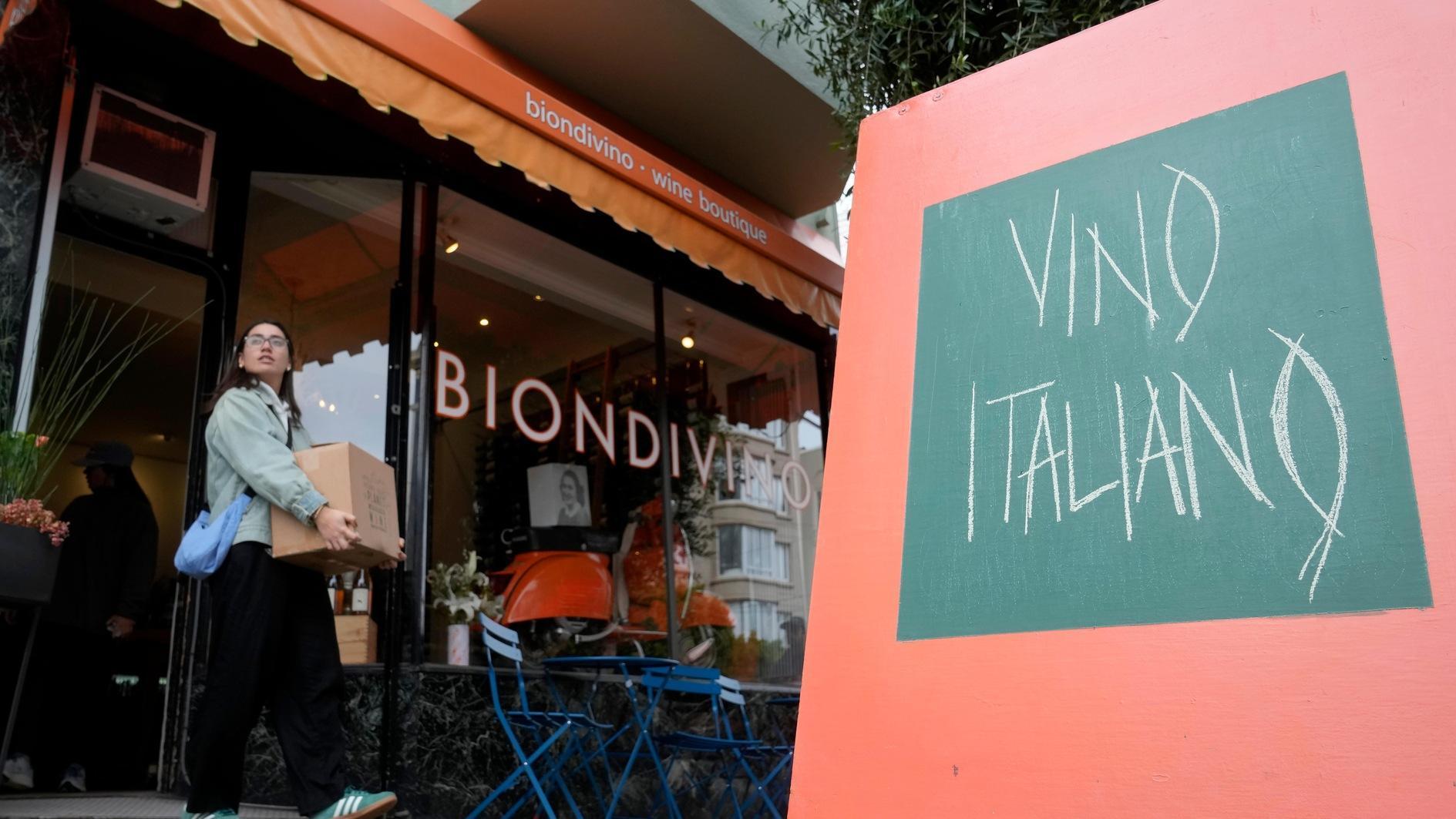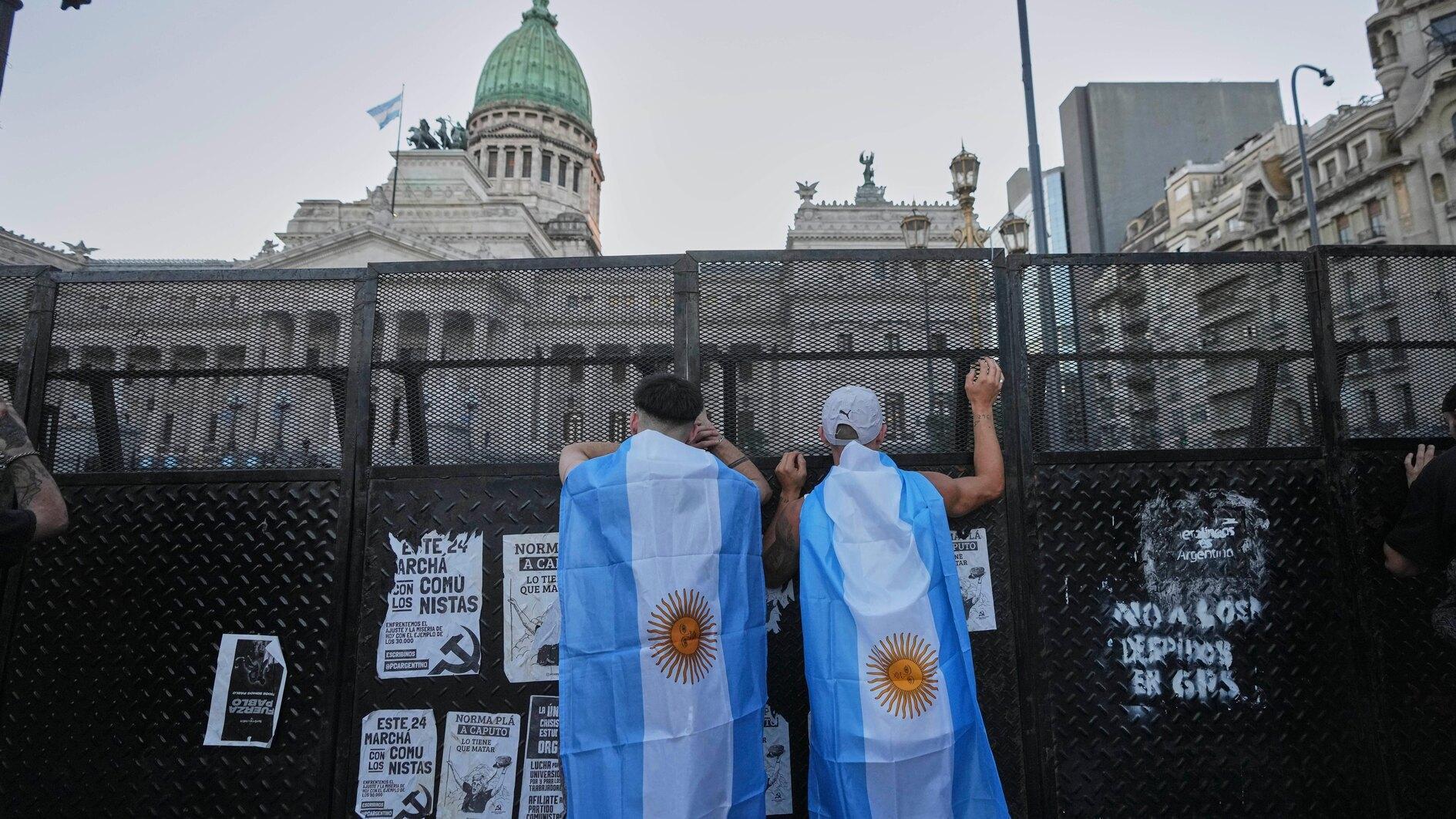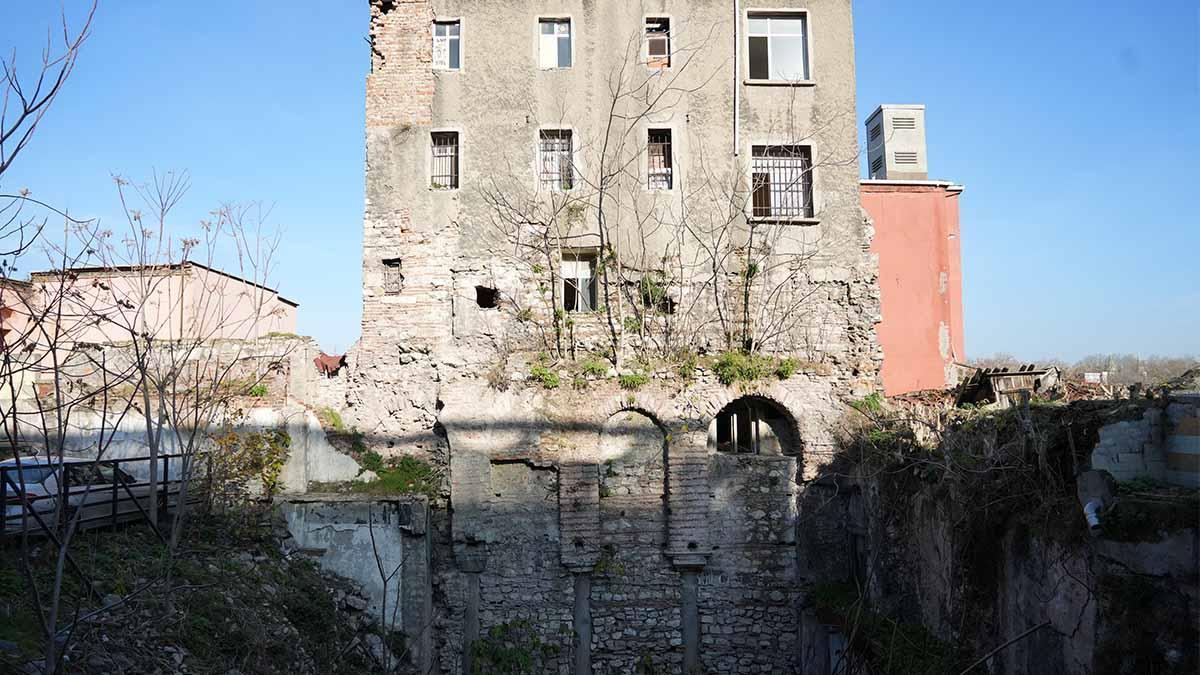Gearing up for the mother of all wars
Tensions are building up. It is as if several key actors are collaborating viciously to send the world into a catastrophe. Will it be a third world war, as some pundits have started talking about, or will it be the “mother of all wars” – as the propaganda minister of the devastated dictator Saddam Hussein of yesterday’s Iraq talked about while the Americans almost occupied all of Baghdad?
Obviously, where this region is heading is not a joyful place at all, even if the Iraqi quagmire or the hellish situation in Syria is miraculously brought to some sort of a normalcy. Was Iraq ever a normal place? Was Syria ever a peaceful country? The past dictator of Iraq and both the father and son al-Assads in Syria never allowed their countries to be a “normal country” – at least to large chunks of their societies. A look at the recent history of both two countries shows vividly that the peoples of both have been aspiring for normalcy for so long. Unfortunately, it won’t come anytime soon.
All key actors have become sources of aggravation making things worse. Turkey, on the one hand, has been stressing it will not allow its security to be threatened, while also bombarding key positions in Syria, an act that might be considered to be tantamount to stirring up a hornet’s nest. The Saudis and the Qataris, together with Turkey and some other 30 Sunni Muslim countries, have set up a Sunni alliance supposedly to fight a Sunni political Islamist, Salafist or jihadist group. Doesn’t this region has sufficient sectarian problems? Don’t the Saudis know well before initiating such a program that by doing so perhaps they could open Pandora’s Box to further strife, calamity and pain in the region?
Worse, aren’t the rulers in Ankara literate people? Isn’t the prime minister versed in foreign policy affairs as a professor who authored that “Strategic Depth” book, explaining to the international community what a great country Turkey has always been? Isn’t the president a graduate of an Islamist theology school where he received lectures on the glories of the Ottoman Empire, the sectarian problem in Islamic societies and, of course, the outstanding success of Muslim societies in fighting each other? Why, then, did Turkey not only participate in the Saudi-led Sunni alliance but more than that (as we have now discovered), the beast was fathered by Turkey’s well-versed premier?
The battle for Aleppo, the biggest city in Syria whose fall would cut off a logistical supply line to the “mild” Islamist opposition from Turkey, will determine the fate of al-Assad. Why have Russia, Turkey, the Democratic Union Party (PYD) – the Syrian wing of Turkey’s separatist Kurdistan Workers’ Party (PKK) gang – and the Bashar al-Assad regime focused so much on the control of the Azez corridor? Simple: whoever controls that corridor will be in a strategic position to cut or allow supplies from Turkey to the opposition.
For Turkey, the stakes are very high. Its Kurdish opening strategy has collapsed, the government has been trying to restore government control over Kurdish-populated towns and cities of the southeast that have been turned into the dens of separatists during the three-year failed opening and Turkey is frightened of the creation of a hostile Kurdish state by the PYD along the country’s border with Syria. To prevent it, Turkey may even take the risk of engaging in a land war and engage directly in the Syrian war. Even before Turkey takes such action, irritated by Turkey’s long-range bombardment of the YPG and other military positions around the Azez corridor, Russia might test Turkey’s nerves by sending a fighter jet a few miles into Turkish territory. Will Ankara down that plane again and risk further devastating its already moribund ties with Russia because of the first jet downing in November 2015? Will NATO rush to Turkey’s help? If so, will there be a NATO-Russia confrontation?
The Turkish foreign minister declared that Turkey’s involvement in a land operation in Syria together with the Saudis, Qataris and some other Muslim states was on the cards. The Saudis made a similar statement. Furthermore, Saudi fighter jets have been deployed to the İncirlik Airbase in Turkey, and there are claims that they are preparing to start operative actions over Syria.
Every country, of course, has its own priorities and obsessions. As much as Turkey is obsessed with a probable Kurdish state being carved from Syrian territory, the Saudis are scared of the probable advance or spread of influence of Shiite Iran in its hinterland. Russia has been trying to best use the situation and coil up over Syria as the protector of the al-Assad regime. For the U.S. and the West, the prime target might appear to the Islamic State of Iraq and Levant (ISIL) terrorists, but control and security of energy resources and lines remain high on their agenda. The refugee crisis has become just an added source of attention for Europeans scared of the probability of an exhausted or frustrated Turkey opening the “flood gates” and allowing refugees to flood Europe.
Is this photograph not rather bleak?











